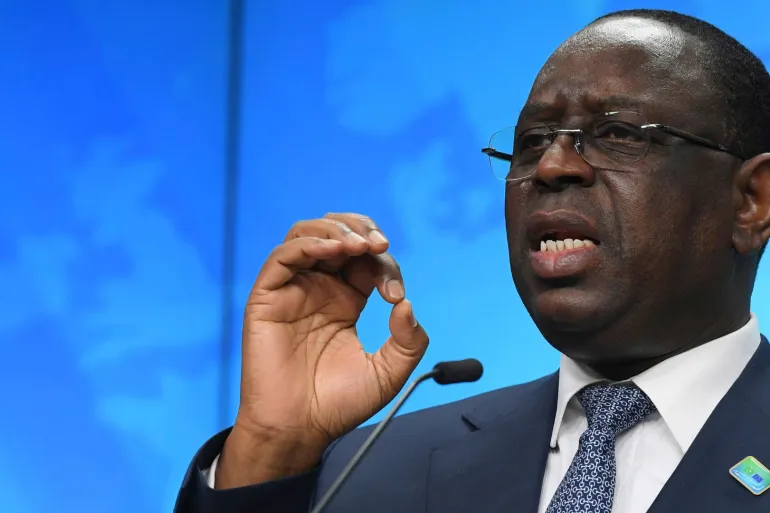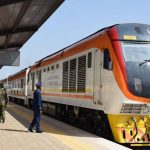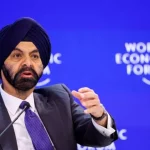Senegal’s parliament on Monday voted to hold a postponed presidential election on December 15 in the face of public outcry that led some opposition lawmakers to blockade proceedings until security forces intervened.
The move follows President Macky Sall’s unprecedented announcement of a postponement on Saturday that pitched the nation into uncharted constitutional waters and threatens to further tarnish its reputation as a bastion of democratic stability in a region swept by coups.
Riot police fired tear gas to disperse protests outside parliament as lawmakers discussed the bill that initially proposed rescheduling the February 25 vote to August 25 and keeping Sall in power until his successor is installed.
By the evening, just before the final vote, the bill was amended to propose the even later election date of December 15, but it was passed by 105 MPs in the 165-seat Assembly.
The last-minute amendment to postpone the election to December rather than August is likely to provoke further opposition backlash and risk a repeat of violent protests that have broken out over the past three years partly over Sall’s alleged authoritarian overreach.
After hours of procedural discussions, lawmakers had been due to start the debate and vote on the bill, when around a dozen opposition members rushed the central dais and refused to leave, effectively halting parliamentary business.
More than two hours later, security forces moved them off the central area, allowing the vote to proceed.
“What you are doing is not democratic, it’s not republican,” said Guy Marius Sagna, who was one of several rebel MPs wearing a sash in the colours of the Senegalese flag.
Teargas, arrests
The postponement faced strong pushback elsewhere on Monday. At least three of the 20 presidential candidates submitted legal challenges to the delay, Constitutional Council documents showed. Two more candidates have vowed to challenge it via the courts.
Around 100 people gathered outside parliament on Monday, after confrontations on Sunday, chanting “Macky Sall is a dictator”. Police fired tear gas, chased them into side streets and made arrests.
Authorities temporarily restricted mobile internet access from Sunday night, citing hate messages on social media and threats to public order. Several schools sent pupils home early.
The private Walf television channel said it was taken off air on Sunday and had its licence revoked.
“Senegal has been known as a country with a strong democracy but this is no longer the case,” one protester who only gave his first name, Dame, told Reuters. “The only thing we want is a fair election.” He said he was worried Sall would cling on to power indefinitely.
The African Union and United States on Monday joined a chorus of calls from regional bodies and Western governments for a new election date to be set as soon as possible.
Ratings agency Moody’s warned that any lengthy delay to the election could hamper the country’s planned fiscal consolidation by making it harder to implement policies, including a promised phasing out of energy subsidies by 2025.
Senegal’s sovereign dollar bonds fell sharply. The bond maturing in 2033 tumbled more than 4 cents on the dollar to 82.4 cents – its biggest one-day fall since the 2020 Covid-19 market rout – Tradeweb data showed.
‘Institutional coup’
Sall, who is not standing in the vote and has reached the constitutional limit of two terms in power, said he delayed the election due to a dispute over the candidate list and alleged corruption within the constitutional body that handled the list.
The opposition Senegalese Democratic Party (PDS), whose candidate was barred from running because of dual nationality issues, supports the delay and proposed the postponement bill in parliament before Sall’s announcement.
The bill passed due to backing by the ruling party and the opposition coalition, which includes PDS.
Other opposition and civil society groups have angrily rejected it, with some saying Sall is trying to postpone his departure. The F24 platform, a large group of organisations behind past demonstrations, and candidate Khalifa Sall, have called it an “institutional coup”.
Before the vote, a Barclays analysis warned that it could lead to more democratic backsliding.
“Such a postponement could open the door for subsequent postponements and allow the president to do many things,” it said.



